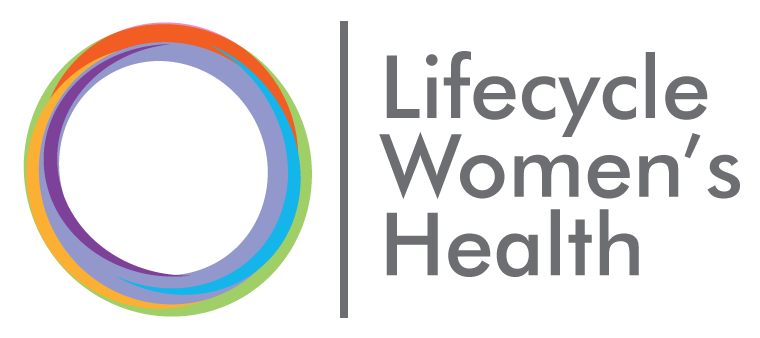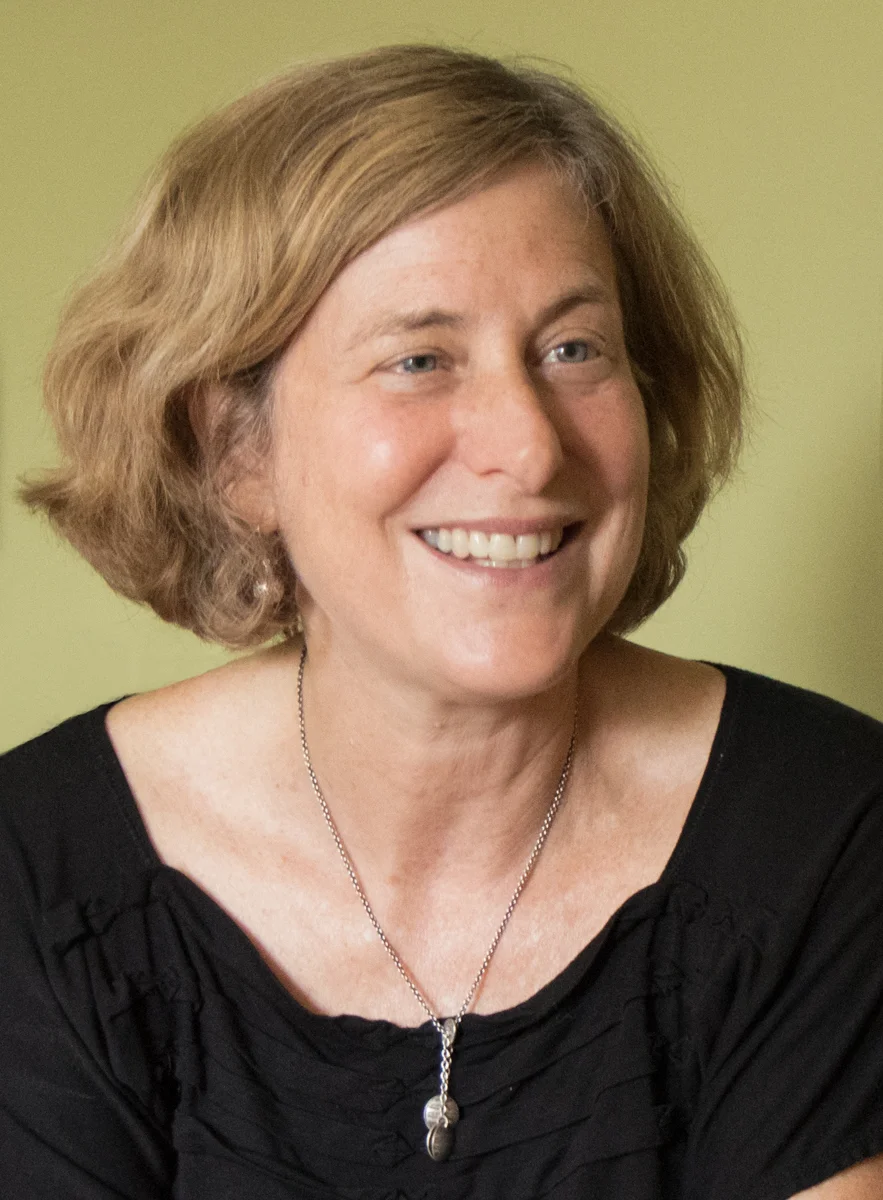Bio-identical hormones: are they a safe option for menopause symptoms?
I was raised in a cancer-phobic household. My mother lost her mom to breast cancer shortly after I was born and she was absolutely certain she was going to experience the same fate. Yet, 55 years later my mom is a paragon of health. This fear not only dissuaded my mom from taking hormone replacing drugs during menopause, but influenced me to question the concept.
The book “Feminine Forever” published about 50 years ago by Dr. Robert A Wilson, also contributed to my skepticism for hormone replacement therapy (HRT). It persuaded millions of women that HRT was the ticket toward eternal youth. Based on an uncontrolled study of 300 women, Wilson was able to demonstrate that HRT could improve sleep difficulties, mood swings, as well as save marriages and guarantee that a woman’s “breasts and genitals would not shrivel”. Treatment was being pushed by the medical profession, whether women needed it or wanted it. Respecting aging became an antiquated notion, while disrespect for women just took another turn.
The Women’s Health Initiative (WHI) randomized trials of hormone therapy did not begin until 1993, long after multitudes of women were being prescribed synthetic forms of estrogen (conjugated equine estrogen from pregnant horse’s urine) and progestin (medroxyprogesterone acetate). Over 150,000 postmenopausal women participated in the study which abruptly came to a halt in 2003 due to markedly increasing morbidity from venous thrombosis, stroke, and breast cancer. See, my mom was right, at least partly.
Since then new therapies have come to the market along with new guidelines for treatment. Some women really do suffer from hormonal changes and HRT definitely has its place. The North American Menopause Society and other professional organizations endorse the use of HRT for healthy women in several scenarios: to treat hot flashes and other vasomotor symptoms in women who are under 60 or less than 10 years from menopause, in women in this age group who are at high risk for bone loss and fracture, and for women with vaginal dryness or other genitourinary symptoms of menopause when non-hormonal treatments where tried and not effective. They recommend the smallest dose for the shortest amount of time.
Another advocate for hormone therapy was the late Dr. John Lee. In his book entitled “What your Doctor may not tell you About Menopause” published in 1996. He clearly articulates three rules for HRT:
First, use hormones only if you have symptoms or have measurable low hormone levels. Most estrogen and progesterone is made by the ovaries, however some is also produced by the adrenal glands and adipose tissue. People can continue to produce hormones after menopause so it is not a given that everyone needs hormones. The best way to monitor levels is with non-invasive salivary hormone testing.
Secondly he promotes the use of bio-identical hormones. Bio-identical hormones are hormones that are chemically identical to hormones found in your body. They are often manufactured from soybeans or wild yams, and are safer than synthetic progestins and conjugated equine estrogen. While there is no study as large as the WHI, we know from research in Europe and from years of observation that the use of bio-identical hormones do not increase the risk of breast cancer or vascular disease.
There are several bio-identical hormones that are FDA approved and commercially available. Bio-identical hormones can be attained at compounding pharmacies as well. Unfortunately many professional organizations do not condone the use of compounding pharmacies as they feel these pharmacies are not subjected to the same rigorous standards as the commercial preparations. Here is where I respectfully disagree. Compounding pharmacies have proven their safety, they provide medication at lower costs and at smaller dosage levels to provide safer treatment.
Thirdly, Dr. Lee advises using the amount of hormone that will create a normal balance.. There is not a one size fits all treatment strategy, and symptoms and hormones both need to be monitored closely in order to determine the correct dosages. This process requires support from a well-trained health care provider.
As I delve into the world of bio-identical hormone therapy for my clients, I also have become personally inspired. I entered this wonderful stage of life about eight years ago. During that time I have received a paucity of menopause focused guidance from health professionals, a complete about-face from the days of Dr. Wilson. I feel very healthy but struggle with sleep disturbances that are not improving despite many interventions. In the name of practicing what I preach, I decided to dive deeper into the bio-identical hormone world first hand. I am excited to be on this journey towards better wellness and to share it with you.
Susan Kamin, CNM, MSN, MPH provides integrated women’s health care in a non-rushed and relaxing environment at Lifecycle Women’s Health. Her focus is on sexual health and well body care for all women from adolescence through menopause. She encourages her clients to be active participants in their care to promote lifestyle changes and optimal wellness.
If I am not addressing topics that are important to you, please let me know and send ideas for future posts. Thanks for visiting!








